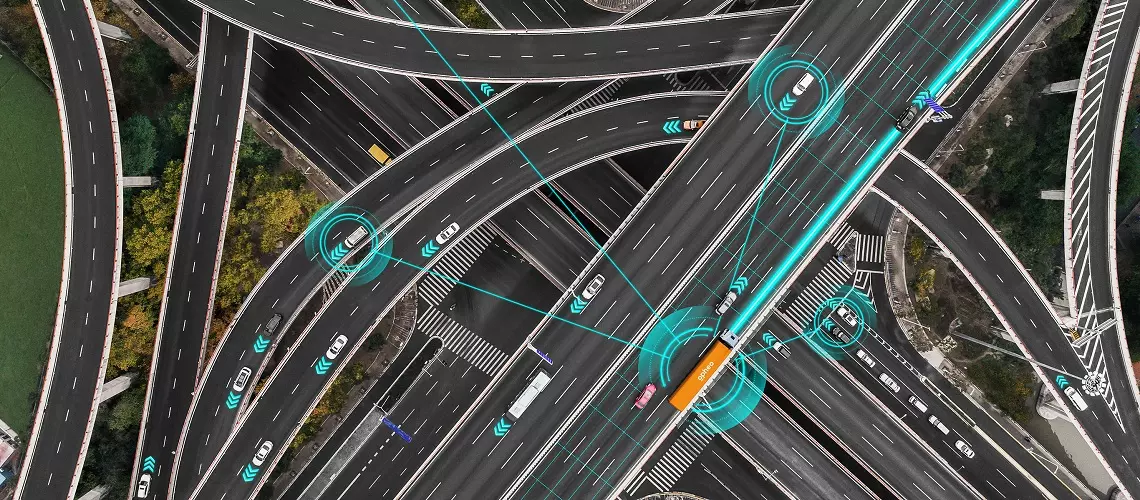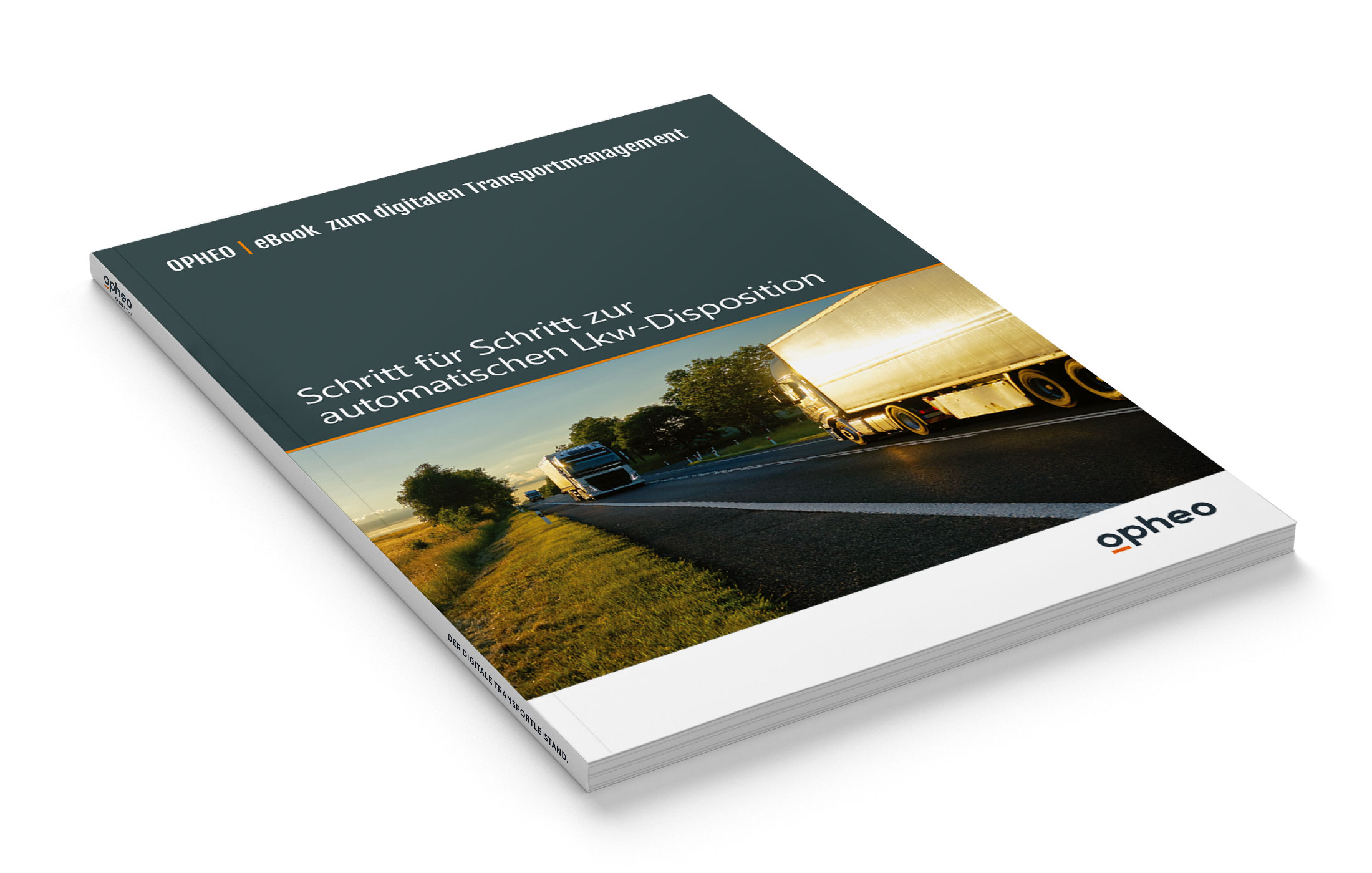
Fundamentals of Transport Logistics: An Overview
Transport logistics is a crucial element in the logistics industry that enables the movement of goods from one place to another. It is the foundation that allows companies to get their products to their customers efficiently. But what does it consist of and why is it so important?
Definition of transport logistics
Transport logistics is a specialised field within the broader logistics industry that focuses on the efficient and effective movement of goods from one place to another. This includes not only the physical transportation of goods, but also a variety of processes and activities necessary to plan, execute and control this flow of goods.
The range of these activities is extensive and can include route planning, freight management, warehousing and inventory management, packing and packaging management, security and insurance, and customs and document management. The ultimate goal of transport logistics is to deliver the right products, in the right quantity and condition, at the right time, in the right place and at the right cost.
The importance of planning
Planning is the backbone of transport logistics. It is a complex task that requires precise knowledge of the available resources, the goods to be transported and the best routes. Planning must also take into account variable factors such as weather conditions, traffic, customs regulations and more. Accurate forecasting of demand and supply, and flexibility to adapt to unforeseen circumstances are also important aspects of the planning phase.
This is where modern forecasting methods and analysis tools can play an important role in accurately determining demand and making the best use of resources. Careful planning helps to avoid delays, delivery bottlenecks and extra costs, and ensures that the logistics process runs smoothly and efficiently.
Implementation and control
Once planning is complete, execution is the next step. This involves the physical movement of goods, coordination between different means of transport, and monitoring the transport to ensure that everything goes according to plan. Implementation requires close cooperation between the different parties involved, including suppliers, transport companies and customers. At this stage, it is important to quickly identify and resolve any problems or delays, for example through predictive planning.
Control is another critical aspect of transport logistics. Continuous monitoring allows companies to track the progress of transport, identify problems early on and take corrective action if necessary. Modern technologies such as GPS tracking and IoT devices make it possible to monitor the location and condition of goods in real time. This data can then be analysed and used to further optimise the logistics process and improve performance. Overall, effective execution and control helps increase customer satisfaction and reduce costs.
Efficiency and costs
Efficiency is a central goal of transport logistics. By minimising idle times, optimising routes and maximising loading capacity, companies can reduce their operating costs. Optimised tours lead to resource conservation and falling transport costs. At the same time, efficient transport logistics ensure that goods arrive at the customer in good condition and on time, which leads to higher customer satisfaction.
The role of technology
Modern transport logistics is strongly technology-driven. Innovative software solutions enable companies to better control and manage their logistics processes. Today’s systems enable real-time tracking of shipments, improved route planning and better capacity utilisation. They also enable improved communication and collaboration between the different actors in the supply chain. More and more, transport companies and shippers are also relying on artificial intelligence and automated processes.
Challenges and solutions
Transport logistics faces a number of challenges. These range from fluctuations in demand, to changing legal regulations, to environmental concerns. At the same time, however, there are also many opportunities for improvement and innovation. The introduction of more sustainable transport methods, the further digitalisation of processes and the use of data analysis to optimise logistics are just a few examples.
The future of transport logistics
The future of transport logistics is exciting and full of possibilities. With the advancement of technology and the growing awareness of sustainability in the supply chain, we are at the beginning of a new era in transport logistics. Intelligent transport systems, autonomous vehicles and drone deliveries could soon be part of everyday life. In addition, Big Data and Artificial Intelligence offer enormous opportunities to further optimise processes in transport logistics.
Conclusion
Transport logistics is a multi-layered and dynamic field that constantly offers new challenges and opportunities. Despite its complexity, it is central to the smooth functioning of the global economy. With the right combination of planning, technology and innovative thinking, companies can optimise their transport logistics to increase efficiency, reduce costs and provide better service to their customers.
It is up to us to seize these opportunities and set the course for an efficient, sustainable and customer-oriented logistics industry. With the right tools and strategies, we can ensure that transport logistics remains a driving force for supply security, growth and success in the future. It is an exciting time to be in transport logistics and we look forward to walking this path with you.


